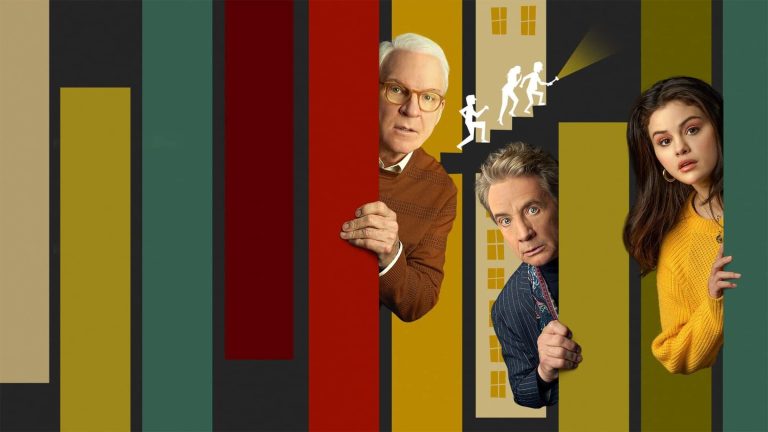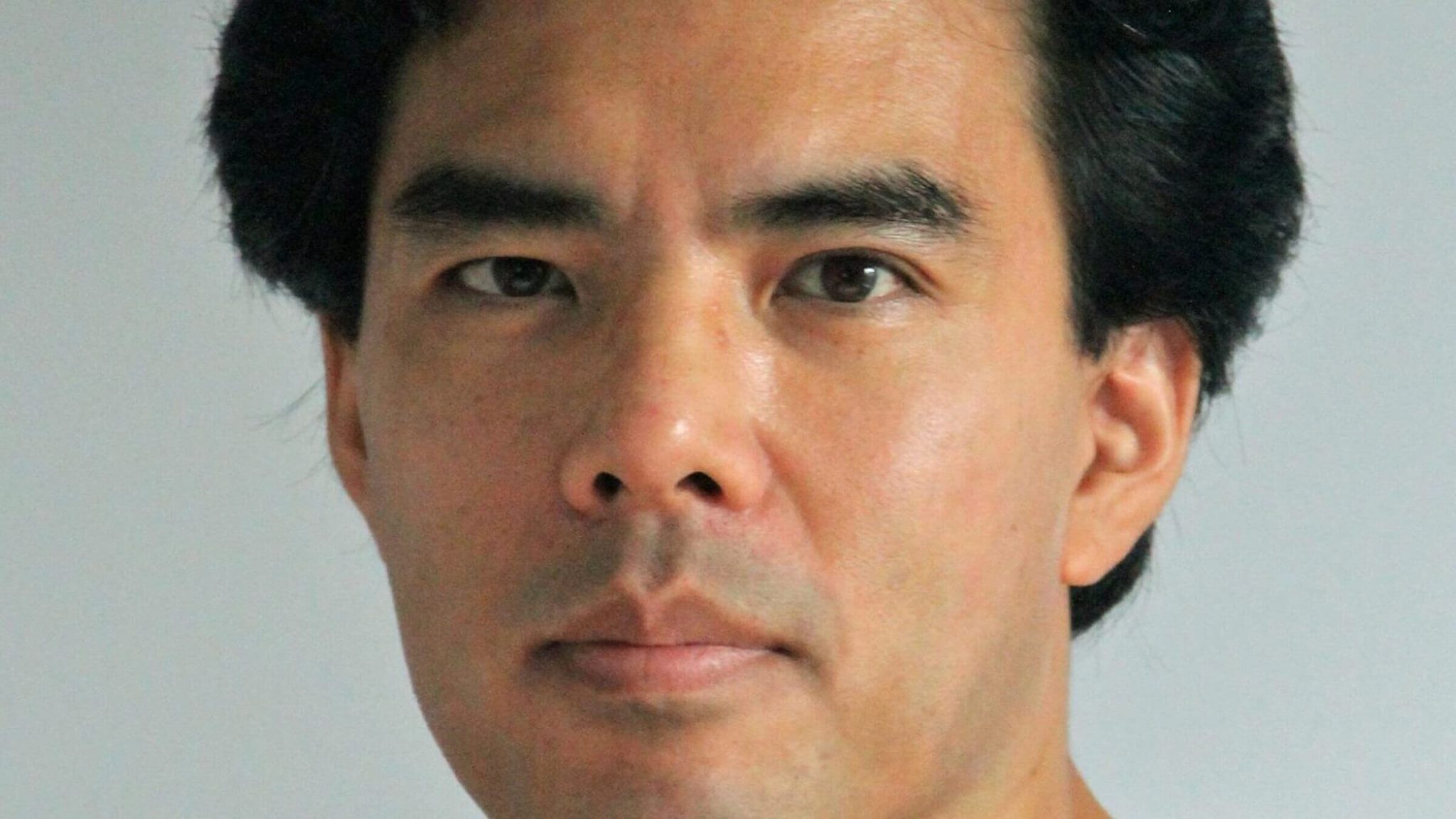Aaron Sorkin on Craft, Career, and Diversity in Hollywood

Academy Award-winning screenwriter Aaron Sorkin appeared recently at the WGFestival, a weekend-long event hosted by the Writers Guild Foundation in partnership with the Academy Education and Nicholl Fellowships Programs, and sponsored by ScreenCraft.
Sorkin opened the Saturday lineup with a discussion moderated by KCRW host and film critic Elvis Mitchell, and a lot has already been said about Sorkin’s thoughts on the challenges female and minority filmmakers face in regard to accessibility and opportunities. But the hour-plus conversation covered a lot more ground. Here are some of our favorite takeaways:
On character
Early in the conversation, Elvis Mitchell pointed out that Sorkin’s characters often begin their stories at the point of some kind of failure, leading to Sorkin’s response:
“I suppose it’s so that I can set up some kind of redemption that we can feel good about.”
Sorkin indicated he naturally gravitates toward characters who grow and change over the course of a story. It’s a story instinct that may sound basic, but which newer writers sometimes dismiss. Often what invests us in a story, and helps it to deliver an emotional experience for the reader or audience, is traveling alongside a character who struggles and changes and comes out the other side better for it.
It’s something we all look for in stories, whether we’re conscious of it or not. Sorkin even referenced the point as he talked about a recent project, adapting Harper Lee's To Kill A Mockingbird for the stage. After reading a draft, producer Scott Rudin gave this note: “Atticus can’t be Atticus from beginning to end.”
Sorkin was tasked with revising his adaptation of the beloved literary classic in order to satisfy that audience desire to witness growth in a character.
On adapting truth
Sorkin also discussed adapting real life for the movie Steve Jobs (directed by Danny Boyle), and finding a way to be emotionally true while balancing fact and creative license:
“For instance the argument in the third act… that never took place. It was clear to me, spending time with Woz, these were his feelings. This is how he feels.”
Sorkin wrote that speech after spending time with Apple co-founder Steve Wozniak. Sorkin’s research, in effect, was observing the man’s attitude and outlook on life, and then interpreting those observations into drama for the screen.
On great speeches
Sorkin is known for his dialogue and, in particular, his rousing monologues. He explained that he comes from a family of lawyers and that, growing up, their dinner-table conversations were fascinating debates. Anyone could defend anything, purely for the exercise of doing so.
He brought up the famous Jack Nicholson speech from A Few Good Men:
“He’s giving a speech essentially in defense of the negligence that caused this kid to be murdered. That is a pretty tough sell, but he sells it. And I realized… that one of the more exciting things you can do in drama is make an argument for something that was assumed to be indefensible.”
On plot
In what may have been one of the most inspiring and instructive segments of the discussion, Sorkin spoke at length about his own writing:
“My achilles heel is plot… I have to work really hard to shore up the plot. Because if I don’t I will write 30 pages of snappy dialogue where nothing is happening.
Because I consider plot to be kind of a necessary intrusion into what I’m trying to do. So I cling like a life raft to intention and obstacle. To Aristotle’s poetics. Intention and obstacle. Somebody wants something and something is standing in their way of getting it.
They want the girl, they want the money, they want to get to Philadelphia. It doesn’t matter. The want has got to be strong, if they can need it that’s even better. The obstacle has got to be formidable. And the tactics that your character uses to overcome this obstacle, whether they succeed or fail, the tactics that they use — that’s going to be your play or your movie or your episode of television. And I can’t begin to write until I know what someone wants and what’s stopping them from getting it.”
On influences
At various points throughout the conversation, Sorkin referenced his heroes:
“It wasn’t until I saw Broadcast News when I thought, ‘I would love to have written that.’”
“Jim Brooks, Larry Gelbart, twenty other people, showed me there is a place for writing in television.”
“Anyone writing for television today… is walking in the footprints left by Larry Gelbart.”
On diversity
And yes - the conversation did touch on the topic of race and diversity in the industry. Among other things, Sorkin talked about more filmmakers of color being available now as examples for the next generation of filmmakers of color, and how that shift will begin to gain momentum. He said he was optimistic about the future for diversity in Hollywood because good material will always find a way.
“What wouldn’t HBO give for another ten Lena Dunhams? … or writers of color? People who can write, who have good material?”
Elvis Mitchell didn’t quite agree, saying: “It’s all about access.”
To his credit, Sorkin seemed genuinely curious to learn whether his perception of the meritocracy of Hollywood was inaccurate, and what he could do to help:
“What can I do [to help]? I do want to understand what someone like me can do …”
Get Our Screenwriting Newsletter!
Get weekly writing inspiration delivered to your inbox - including industry news, popular articles, and more!



























